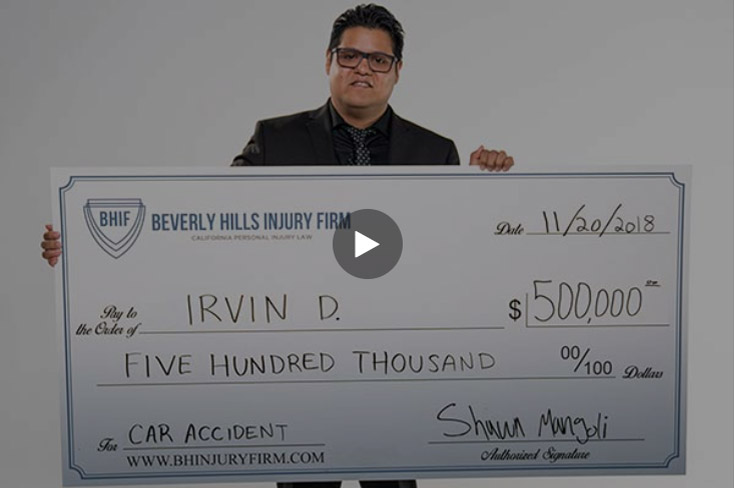Discover the sneaky tactics of insurance providers to deny or reduce compensation for traumatic brain injury (TBI) cases. Learn how to protect yourself and receive the compensation you deserve.
Introduction
Traumatic brain injury (TBI) is one of the most multifaceted and expensive bodily injuries, with long-term or permanent disability. Victims may experience cognitive deficits, emotional distress, and extensive financial liabilities. The catch is, of course, that insurance companies are not exactly motivated to pay out the whole amount on these large claims.
The insurance adjusters work to protect their company’s profits — and that means underestimating in any way possible the value of legitimate brain injury claims.
This guide exposes the dirty tactics insurance adjusters play in brain injury cases plus it answers your questions and gives you an easy to follow step-by-step strategy to protect your rights and to get fair compensation.
Insider Tricks Insurance Adjusters Use in Brain Injury Claims
Traumatic brain injuries are notoriously hard to diagnose and measure. Symptoms may not be immediately noticed and can range from headaches and dizziness to forgetfulness, mood changes or permanent brain damage. Since such injuries can necessitate long-term medical care, and cause loss of income and reduced quality of life, the stakes are high for victims and insurers alike. Below is a list of common tactics to be aware of and how to protect yourself when dealing with Insurers.
Blaming Pre-Existing Conditions
The Trick: They might tell you that your symptoms are caused by a pre-existing condition like A.D.H.D., anxiety, depression or previous head trauma.
Why They Do It: Use of this tactic allows them to (try to) argue that because you’re “cutting it” currently, you cannot still be injured from the accident, thusly dropping their liability.
What You Can Do to Protect Yourself: Give a complete medical history. Obtain expert testimony from those who are treating you to link causation.
OUR CLIENTS ALWAYS COME FIRST
OUR CLIENTS ALWAYS COME FIRST
Using Delayed Symptoms Against You
The Trick: Adjusters can argue that because symptoms of TBIs can be delayed (i.e. not necessarily appear immediately after the accident), then the accident did not cause the injuries.
Why They Do It: They’re seeking to imply there’s no medical connection between the accident and your present cognitive issues.
How to Protect Yourself: Keep track of all symptoms as they develop, and don’t delay in getting follow-up care — even if you initially felt fine.
Surveillance and Social Media Monitoring
The Trick: They could watch you or stalk your social media in a bid to “catch” you doing things that you shouldn’t be able to do given the restrictions you claimed.
Why They Do It: To make it look like you’re milking your injury or out-and-out faking it.
How to Protect Yourself: Be mindful about what you post online and how you act in public. Even such innocuous things may be (mis)read.
We offer free consultations
We offer free consultations
Disputing or Denying Long-Term Treatment
The Trick: Insurance companies often assert that continuing treatment, rehab or therapy is “too much” or “unnecessary.”
Why They Do It: Long-term care is not cheap, especially in cases involving brain injuries.
How to Protect Yourself: Ensure your treatment plan is supervised by board-certified specialists and maintain accurate medical records.
Note: This guide is for informational purposes only and does not constitute legal advice.
FOUNDER & TRIAL ATTORNEY
Meet Shawn Mangoli
“Shawn Mangoli, the founder of Beverly Hills Injury Firm, is a distinguished trial attorney specializing in personal injury law. With a decade of experience in civil litigation, Shawn has successfully championed the rights of those injured due to negligence, securing numerous multi-million-dollar settlements and verdicts. Recognized consistently by Super Lawyers and a respected member of the Consumer Attorneys Association of Los Angeles and American Attorneys for Justice, Shawn’s commitment to justice is profound and unwavering.”
YOUR CASE RESULT DEPENDS ON WHO YOU HIRE
See how much your claim is worth

California Personal Injury Firm committed to getting maximum compensation.
Don’t settle for less.
Contact
Beverly Hills, CA 90212
Quick Links
Follow Us

California Personal Injury Firm committed to getting maximum compensation.
Don’t settle for less.
Contact
Quick Links
Follow Us

